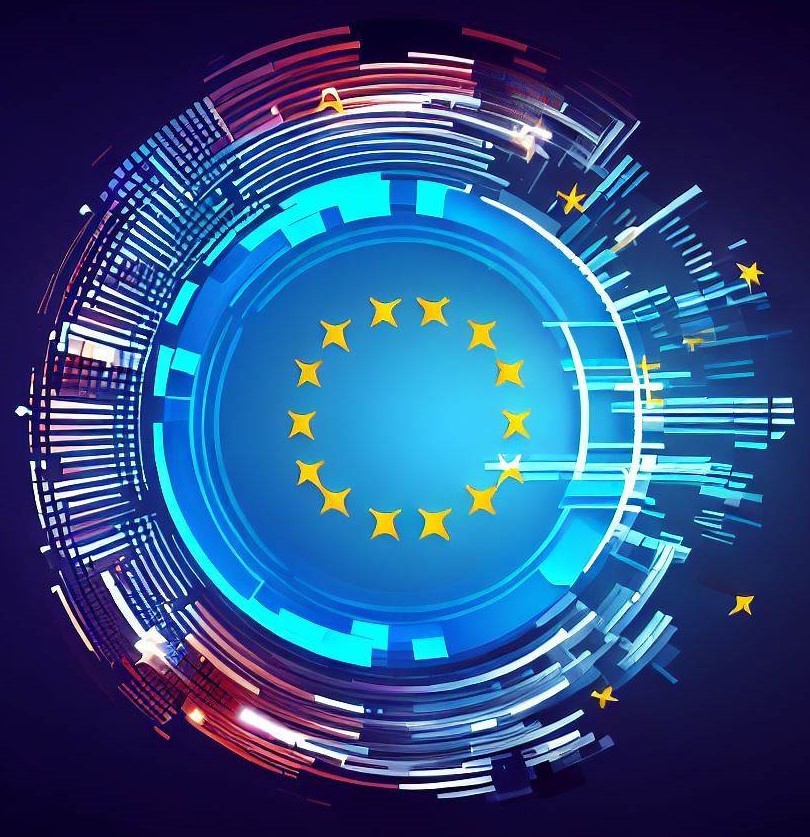SoftBank chief Masayoshi Son told South Korean President Lee Jae Myung that advanced AI could surpass humans by an extreme margin. He suggested future systems may be 10,000 times more capable than people. The remarks came during a meeting in Seoul focused on national AI ambitions.
Son compared the potential intelligence gap to the difference between humans and goldfish. He said AI might relate to humans as humans relate to pets. Lee acknowledged the vision but admitted feeling uneasy about the scale of the described change.
Son argued that superintelligent systems would not threaten humans physically, noting they lack biological needs. He framed coexistence as the likely outcome. His comments followed renewed political interest in positioning South Korea as an AI leader.
The debate turned to cultural capability when Lee asked whether AI might win the Nobel Prize in Literature. Son said such an achievement was plausible. He pointed to fast-moving advances that continue to challenge expectations about machine creativity.
Researchers say artificial superintelligence remains theoretical, but early steps toward AGI may emerge within a decade. Many expect systems to outperform humans across a wide set of tasks. Policy discussions in South Korea reflect growing urgency around AI governance.
Would you like to learn more about AI, tech, and digital diplomacy? If so, ask our Diplo chatbot!










